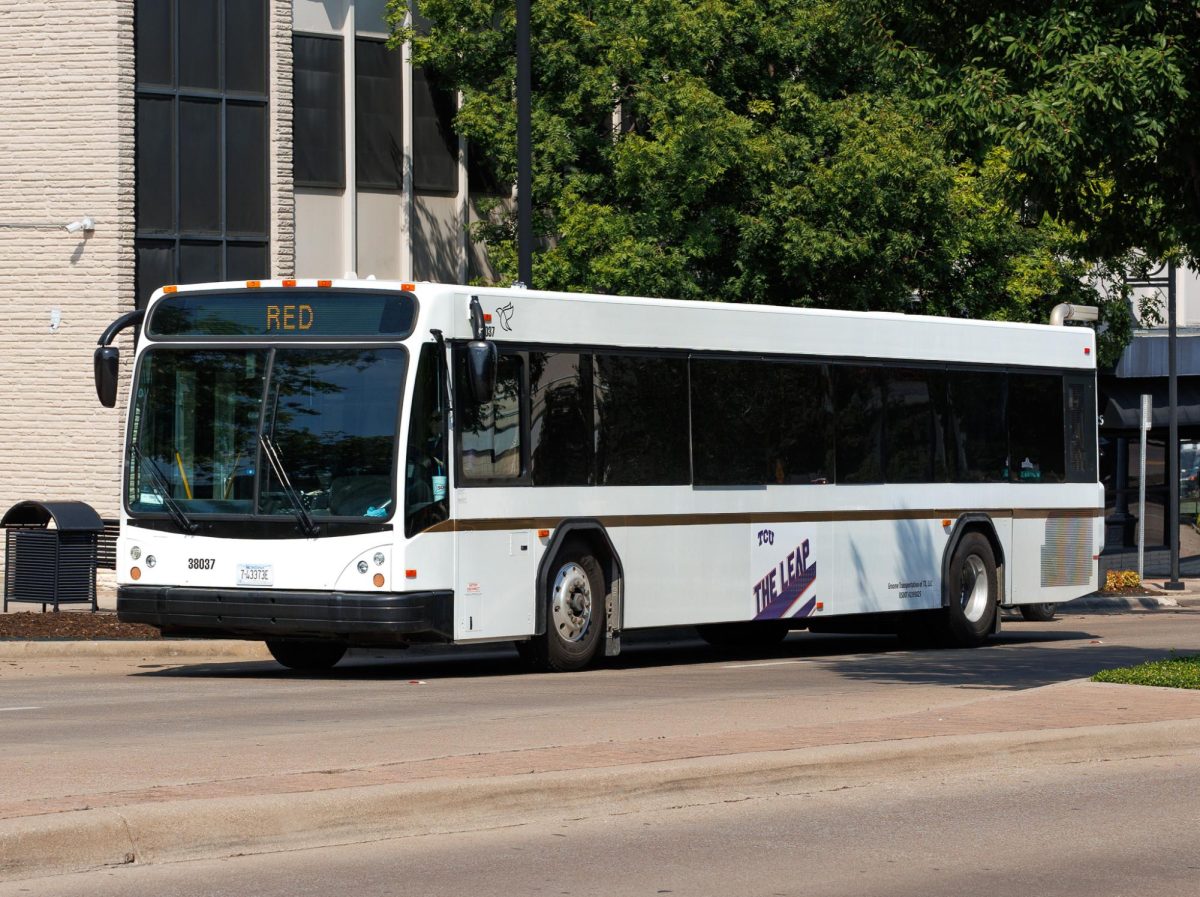The NCAA should pay college athletes.
In fiscal 2014, the NCAA earned almost $1 billion—$989 million—in total revenue. The future for the governing body for college sports looks strong. For example, the NCAA recently signed a $10.8 billion deal with CBS for the rights to broadcast March Madness games.
After all expenses, this “not for profit” organization ended up with a $80.5 million surplus.
The NCAA, a non-profit, made this “profit” through the labor of student athletes, without compensating these athletes directly. That needs to change.
The NCAA pays its president nearly $1.5 million. The chief operating officer makes nearly $1 million. Two of its former employees still receive almost $1 million in salary collectively.
So why not pay the people who are making these salaries possible?
EA Games even recognized, after compulsion from the courts, that it made a profit off the likeness of college athletes. In September 2013, the courts decided that video games could not be produced without athletes receiving some portion of the money.
If EA Games is willing to acknowledge the profit made off athletes, why won’t the NCAA?
Universities make little to no profit off their sports programs, but the athletes could receive payment from the NCAA with a reallocation of the funds.
The NCAA could take even a portion of the $80 million surplus and give the money back to the very students who directly contribute to the accumulation of such high revenue.
These athletes work hard to be successful in their sports, and they should be paid for their contribution.



